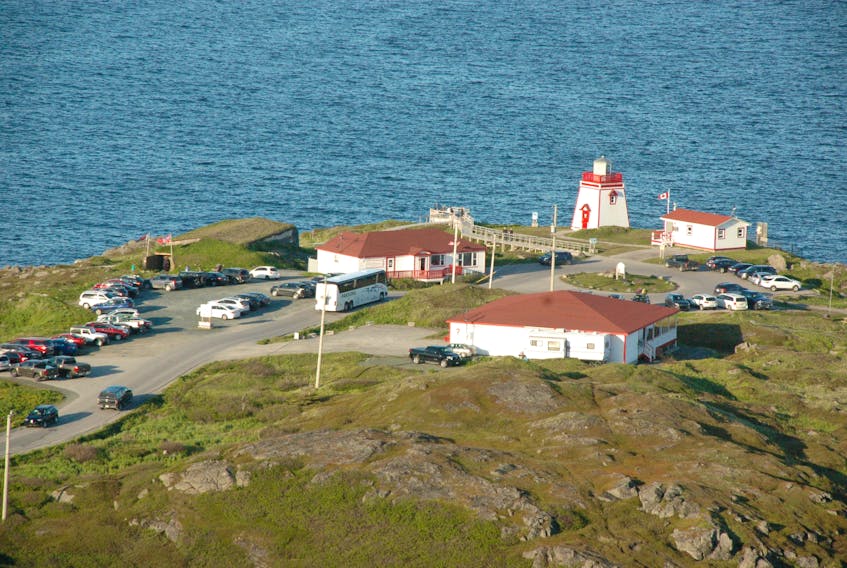The dog days of summer.
According to an article in National Geographic a few years ago, the term originated from the ancient Greeks.
It was the time of year when the Dog Star, Sirius, rose before the sun in late July.
“They referred to these days as the hottest time of the year,” the 2015 article states, “a period that could bring fever, or even catastrophe.”
For Atlantic Canada, the period could bring opportunity.
We’ve had a rare string of heat warnings across the region this summer, with temperatures and humidity soaring into the 30s.
The region’s beaches, splash pads, swimming pools and ice cream shops have never been busier or more refreshing.
But Atlantic Canada’s heat wave pales in comparison to how high the mercury is rising in other regions.
Two weeks ago, Portugal and Spain were on alert for a temperature of 48 degrees Celsius.
In Britain, rare flamingos have laid eggs for the first time in 15 years due to sweltering heat.
In Scotland, the high temperatures have slowed the growth of hay so that the farmer who normally lends his fields, post-harvest, to allow the running of the Invercharron Highland Games on Sept. 15 is unable to do so this year because the hay harvest will be delayed.
In Western Canada, temperatures are still cresting past 35 C, ironically accelerating growing seasons there but also creating optimum conditions for wildfires.
Lethbridge, Alta., hit 40 on Friday.
When the temperatures are hitting the mid-40s, people will pay to escape, particularly from the concrete, stone, steel and glass towers of large, hot cities.
In the United States, the weather was so hot in St. Louis this weekend, it slowed the golf greens during the PGA championships.
California is experiencing what could be the worst wildfire season in its history.
In Atlantic Canada, as insufferable as the heat and humidity have been this summer, thankfully we’re not experiencing these kinds of temperatures.
Which, in these days of global warming, with such trends expected to continue, may present an opportunity for Atlantic Canada to market itself as a destination for global tourists to escape the heat and let sea breezes blow through their hair, cooler waters wash over their feet, and rugged coastal vistas fill their eyes.
When the temperatures are hitting the mid-40s, people will pay to escape, particularly from the concrete, stone, steel and glass towers of large, hot cities.
What would be very cool is if the Atlantic provinces teamed up to market the region this way.
Even cooler still? Having this region’s governments committing to becoming as green as possible, so we’re promoting our provinces as a cooler, greener place, one that’s not just taking advantage of climate change but also pulling out all the stops to combat it.
The opportunity is there and, like the Greeks and their dog days, it’s time to get Sirius about it.
Sorry for the pun, the heat is getting to us.









